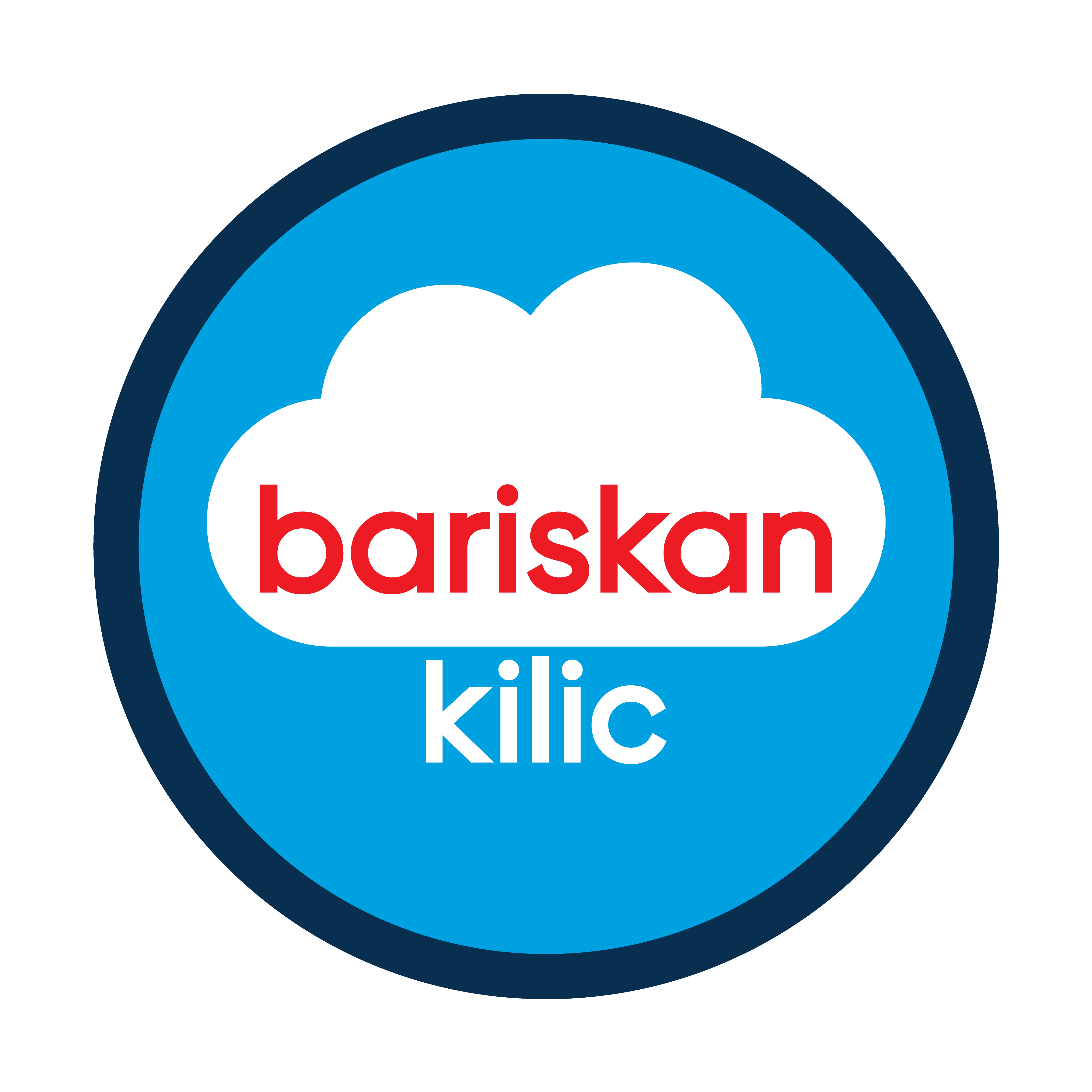what is dna?

When we talk about the first employee of a salesforce team, we're not just discussing hiring logistics; we're shaping the foundation of our entire salesforce operation. Just like DNA sets the blueprint of life, the initial hire sets the tone and direction for the whole team.
Think about it: the first person you hire not only helps with the immediate workload but also influences future hires. They embody your company's values, work ethic, and aspirations. Their actions and attitude become the example for all future team members.
Culture isn't something that's created through a memo or a mission statement. It's built through the daily interactions, decisions, and behaviors of your team. That's why the first employee is so important; they lay the groundwork for the culture you want.
Whether it's a drive for success, a focus on customer satisfaction, or a spirit of collaboration, the first hire represents these qualities and sets the standard for everyone who comes after. They become the guide for future hires to align with the company's values and goals.
When the initial hire isn't the right fit and the team's culture solidifies, changing it becomes tough. Everyone needs to shift to the new culture together for it to work. Trying to change individually usually fails because the lone employee wonders why they're the only one making the change. After a cultural shift, some employees will get used to the new ways while others might struggle. Those who embrace the new culture might face pushback from their peers.
In building a successful salesforce team, every decision matters. But none is more crucial than choosing the first employee. They're not just another hire; they shape the culture, uphold the company's ethos, and pave the way for future success. Choose wisely, as they'll define the destiny of your salesforce team.
Brian Chesky, CEO of Airbnb, describes why they waited five months before making their first hire: a software developer.
